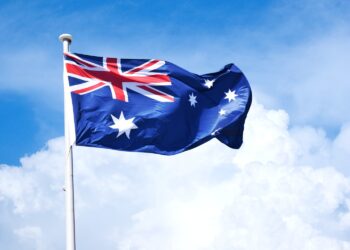APAC wealth set to double alternatives exposure
In a sign of shifting investment priorities across Asia-Pacific, private wealth portfolios are set to more than double their exposure to alternatives to as much as 12 per cent in the coming years, according to J.P. Morgan Asset Management. The firm’s eighth annual Global Alternatives Outlook outlines its highest-conviction views for the next 12-18 months as private markets cement their role as a structural pillar...
Read moreDetails


















